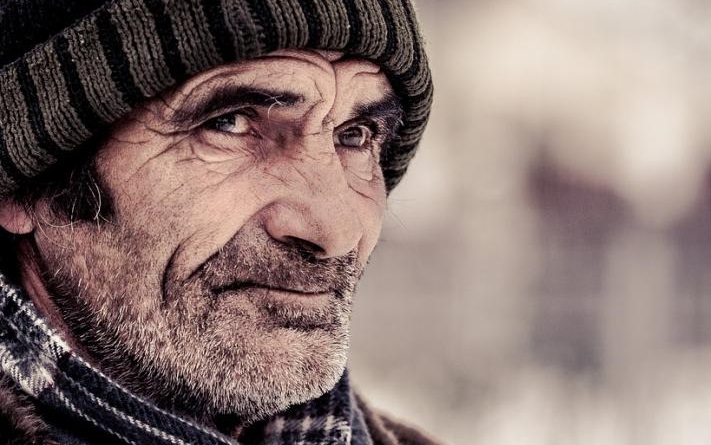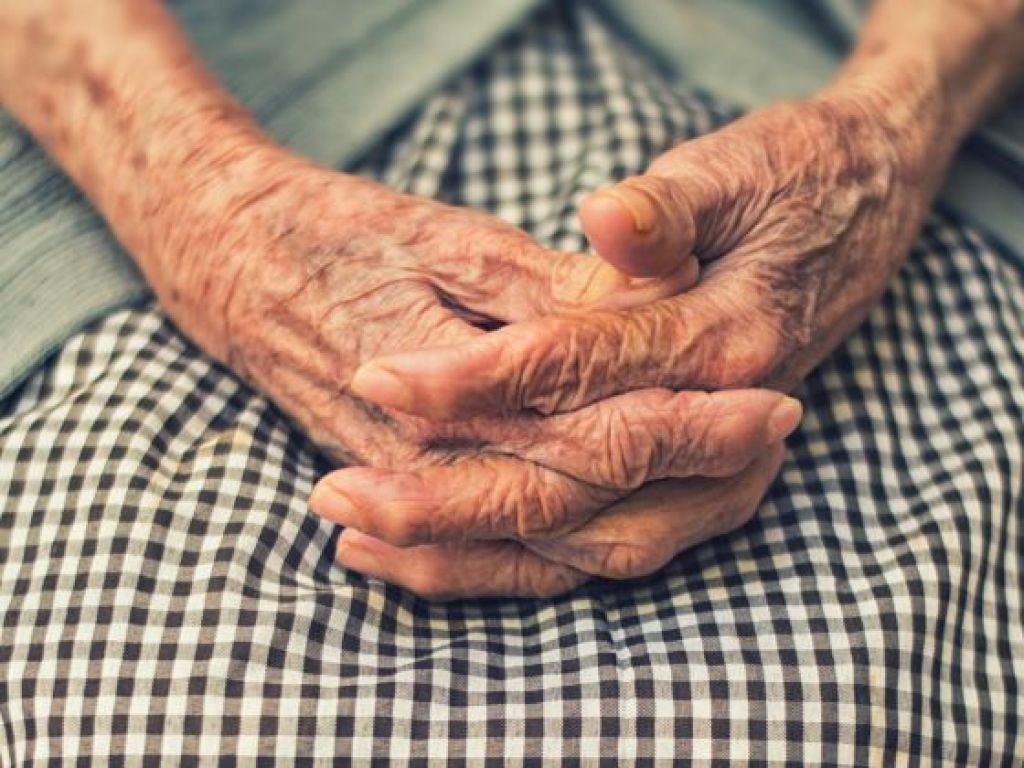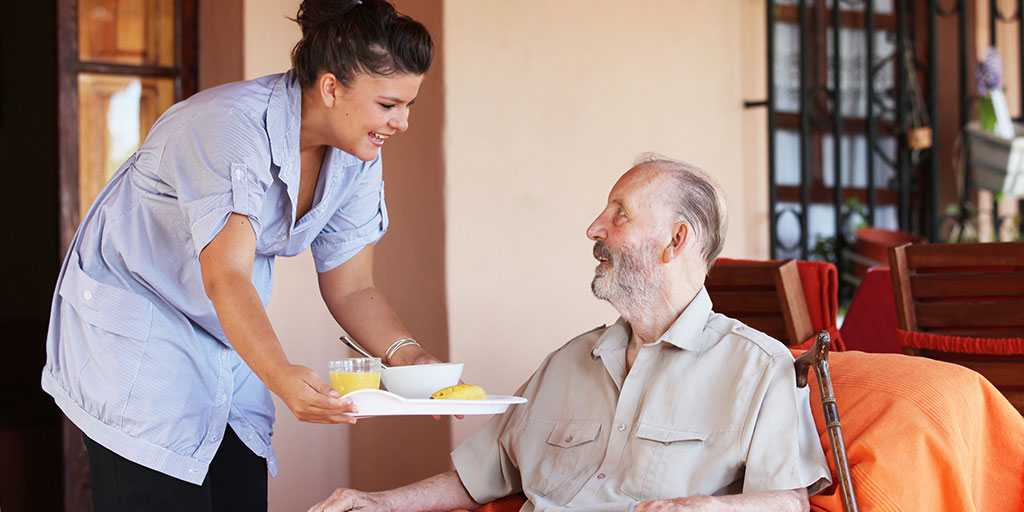What causes malnutrition in elderly people?
Malnutrition in elderly people is quite common. While malnutrition can occur at any age, elderly people aged 65 and above are particularly prone to it. The latest study tries to explore the reason behind the same.

Washington D.C: Malnutrition in elderly people is quite common. While malnutrition can occur at any age, elderly people aged 65 and above are particularly prone to it. The latest study tries to explore the reason behind the same.
Malnutrition is a condition where people have a drastically reduced dietary intake and the body lacks energy and nutrients as a result. According to Prof. Dr Dorothee Volkert, one of the researchers, the consequences of malnutrition are manifold. They range from weight loss to a weakened immune system or functional impairment of muscles and all organs. The body falls back on all its reserves.

A team of researchers, led by Volkert, set out to explore which of a total of 23 variables-- ranging from aspects such as difficulties with chewing and swallowing or cognitive impairments to loneliness and depression or moving into a care home--were decisive for malnutrition.
Also Read |
Exercise activates memory neural networks in older adults
Also Read: Sexual intimacy in late years does not slow memory loss
"The research partners took six existing sets of data from studies on the elderly over the age of 65 and re-evaluated them using a common approach. We then compiled the results in a meta-analysis," explains Prof. Dr Volkert.
The result suggested that malnutrition in the elderly appears to be caused by a surprisingly narrow range of factors. Age, marital status, difficulties with walking and coping with stairs and stays in hospitals had a significant role to play.
Also Read: Why do oldies like to watch more television?
Also Read |
Chattishgarh govt sets goal to make state free from malnutrition, anemia in next 3 years

The average age of the 4,844 participants in the six studies on which the results are based was between 72 and 85. All those surveyed lived in private homes in Germany, Ireland, the Netherlands, and New Zealand. Between 4.6 and 17.2 per cent of the participants developed malnutrition over the course of the studies. "The older the people are, the more likely it is that they will suffer from malnutrition" Dr Dorothee Volkert concluded.
The findings appeared in the Journal of the American Geriatrics Society. (ANI)
 Dynamite News
Dynamite News 